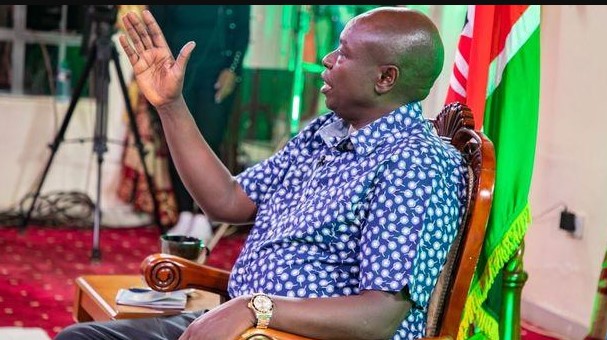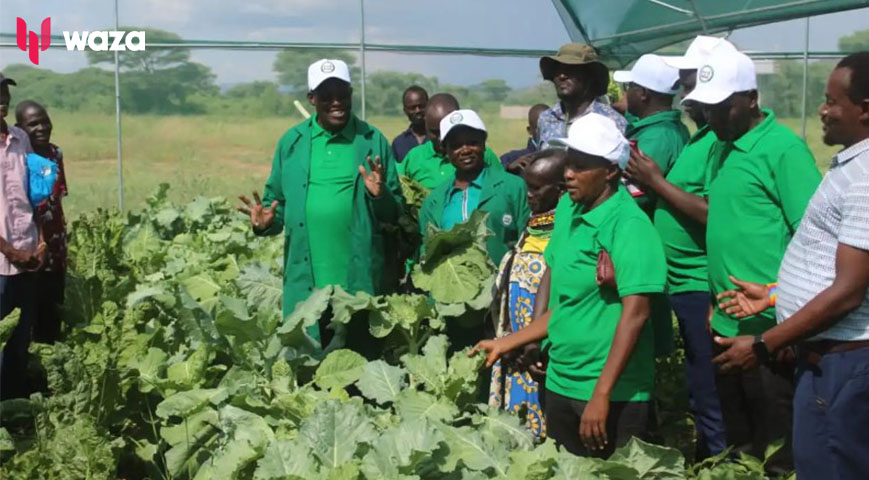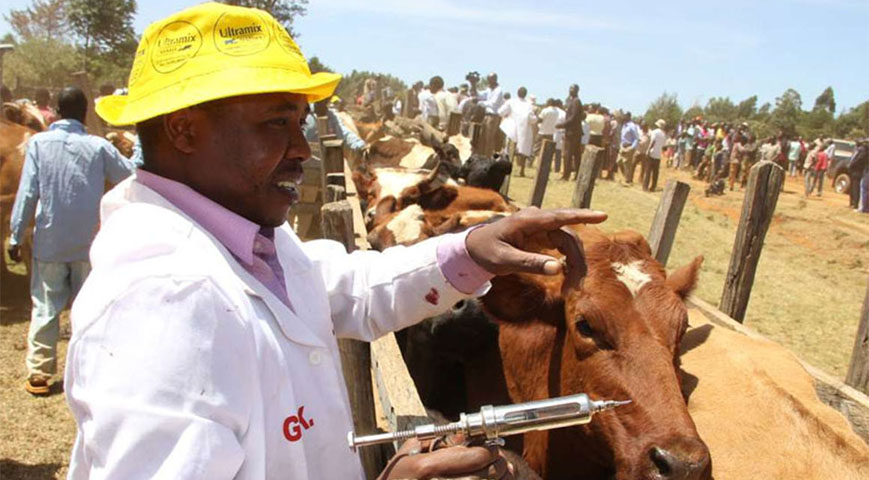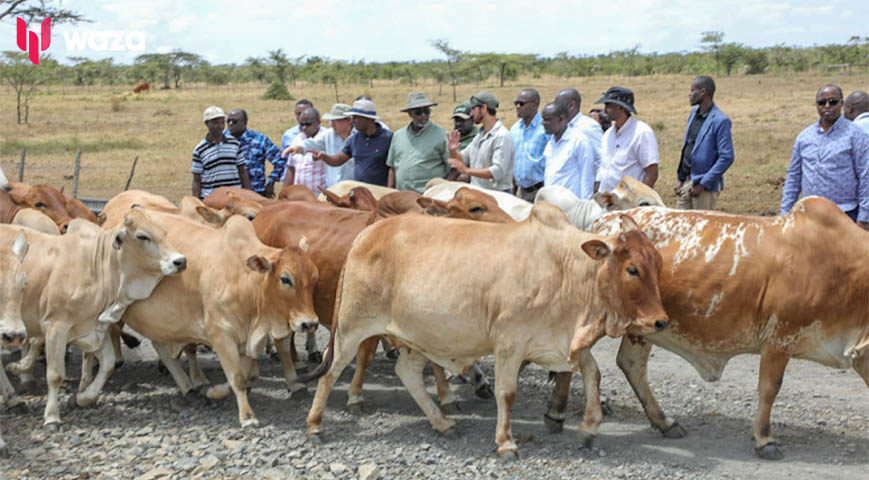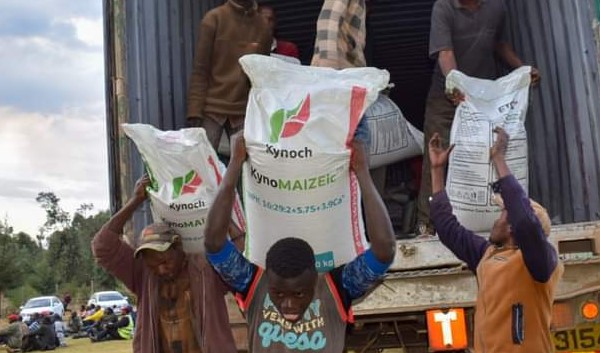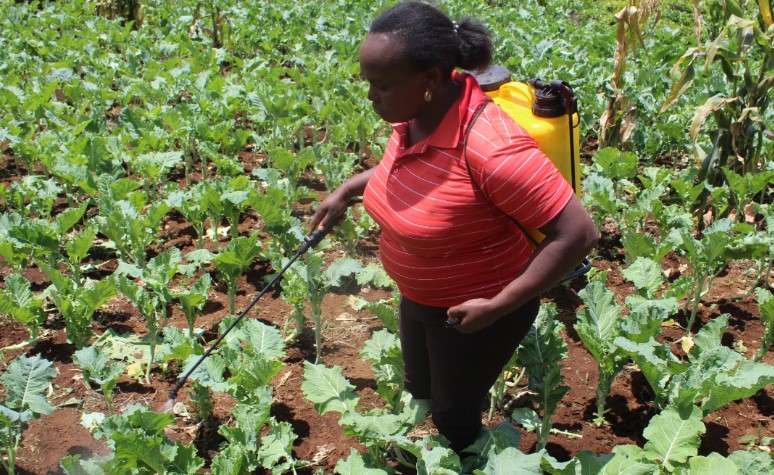The government is planning to set up a minimum price for coffee for farmers to get better returns from their crop yields.
Deputy President Rigathi Gachagua has assured the coffee farmers while s, that the government is addressing marketing of the crop before setting up the minimum price.
Speaking during a live show with Kikuyu FM stations on Friday he revealed that the government is in contact with farmers from Ethiopia with a view to adopting their pricing model.
“We realize their model guarantees their farmers huge returns and that is what we want here,” said the DP.
Did you read this?
This comes at a time when coffee farmers are demoralized due to poor prices at the auction with many saying that this year's payout will be lower than last year when they were paid Kes100 per kilo of raw cherry delivered to factories.
Currently, prices at the auction remain with 50 kilograms of clean coffee going for USD300 as opposed to USD500 in the 2020/21 year.
Speaking on the issue of brokers in the sector, the Dp lamented that once brokers in the auction determine the price of the crop, farmers are denied their rightful pay.
“At the moment we have five brokers who collude to pay farmers what they want. That is why we want to address market issues so that we move away from situation where a few individuals determine what thousands of farmers earn” said Gachagua.
However, he said that once a market for Kenyan coffee is found, farmers will never deal with brokers anymore but will sell their crops directly to buyers who desperately need Kenyan speciality coffees.
“I want to tell farmers that brokers will not be at play any role anymore. We will ensure that all our crop is housed in go downs and sold directly from farmers” said Gachagua.
The production of coffee in Kenya has decreased from an all-time high of 80 million metric tonnes in the 1980s to a current low of 20 million metric tonnes.
This is partly because the crop pays so little that many farmers neglect it or, in dire situations, uproot it.
President William Ruto transferred responsibility for coffee reforms to DP Gachagua's office in January with executive order number 1 of 2023.

